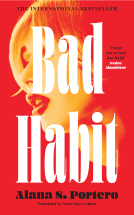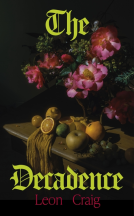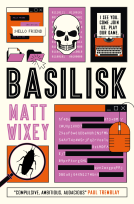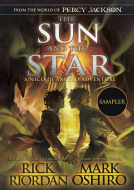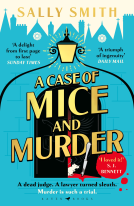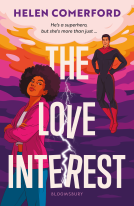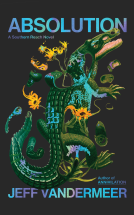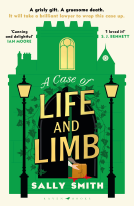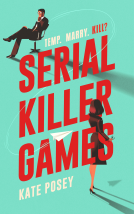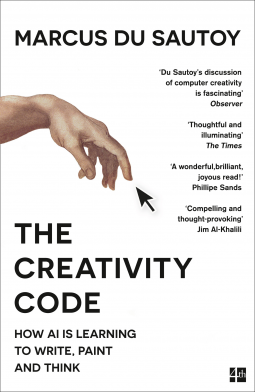
The Creativity Code
How AI is learning to write, paint and think
by Marcus du Sautoy
This title was previously available on NetGalley and is now archived.
Send NetGalley books directly to your Kindle or Kindle app
1
To read on a Kindle or Kindle app, please add kindle@netgalley.com as an approved email address to receive files in your Amazon account. Click here for step-by-step instructions.
2
Also find your Kindle email address within your Amazon account, and enter it here.
Pub Date 7 Mar 2019 | Archive Date 15 Jun 2020
HarperCollins UK, 4th Estate, William Collins | Fourth Estate
Description
Will a computer ever compose a symphony, write a prize-winning novel, or paint a masterpiece? And if so, would we be able to tell the difference?
As humans, we have an extraordinary ability to create works of art that elevate, expand and transform what it means to be alive.
Yet in many other areas, new developments in AI are shaking up the status quo, as we find out how many of the tasks humans engage in can be done equally well, if not better, by machines. But can machines be creative? Will they soon be able to learn from the art that moves us, and understand what distinguishes it from the mundane?
In The Creativity Code, Marcus du Sautoy examines the nature of creativity, as well as providing an essential guide into how algorithms work, and the mathematical rules underpinning them. He asks how much of our emotional response to art is a product of our brains reacting to pattern and structure, and exactly what it is to be creative in mathematics, art, language and music.
Marcus finds out how long it might be before machines come up with something creative, and whether they might jolt us into being more imaginative in turn. The result is a fascinating and very different exploration into both AI and the essence of what it means to be human.
Available Editions
| EDITION | Ebook |
| ISBN | 9780008288167 |
| PRICE | £4.99 (GBP) |
| PAGES | 320 |
Readers who liked this book also liked:
Rick Riordan; Mark Oshiro
Children's Fiction, LGBTQIA, Teens & YA
Keith Martin; Konstantinos Mersinas; Guido Schmitz; Jassim Happa
Business, Leadership, Finance, Computers & Technology, Reference
